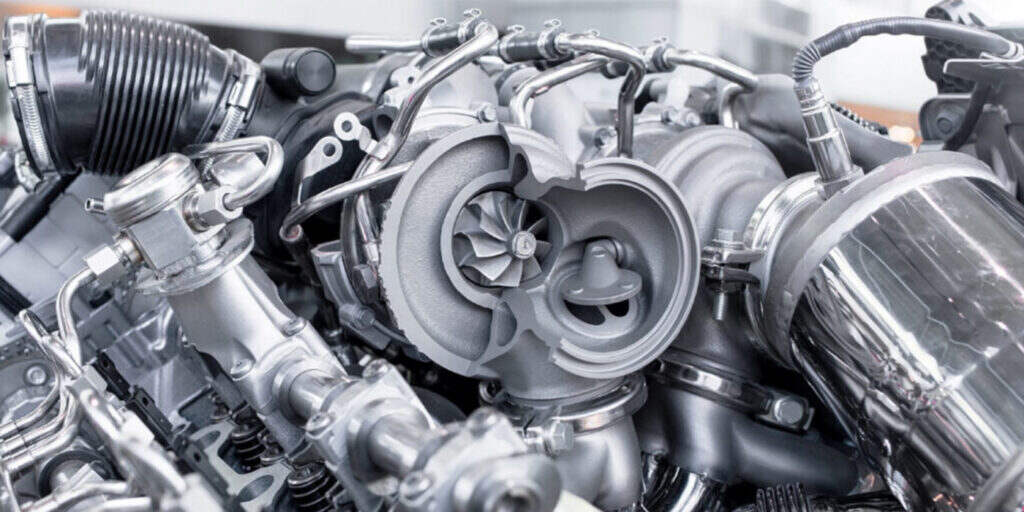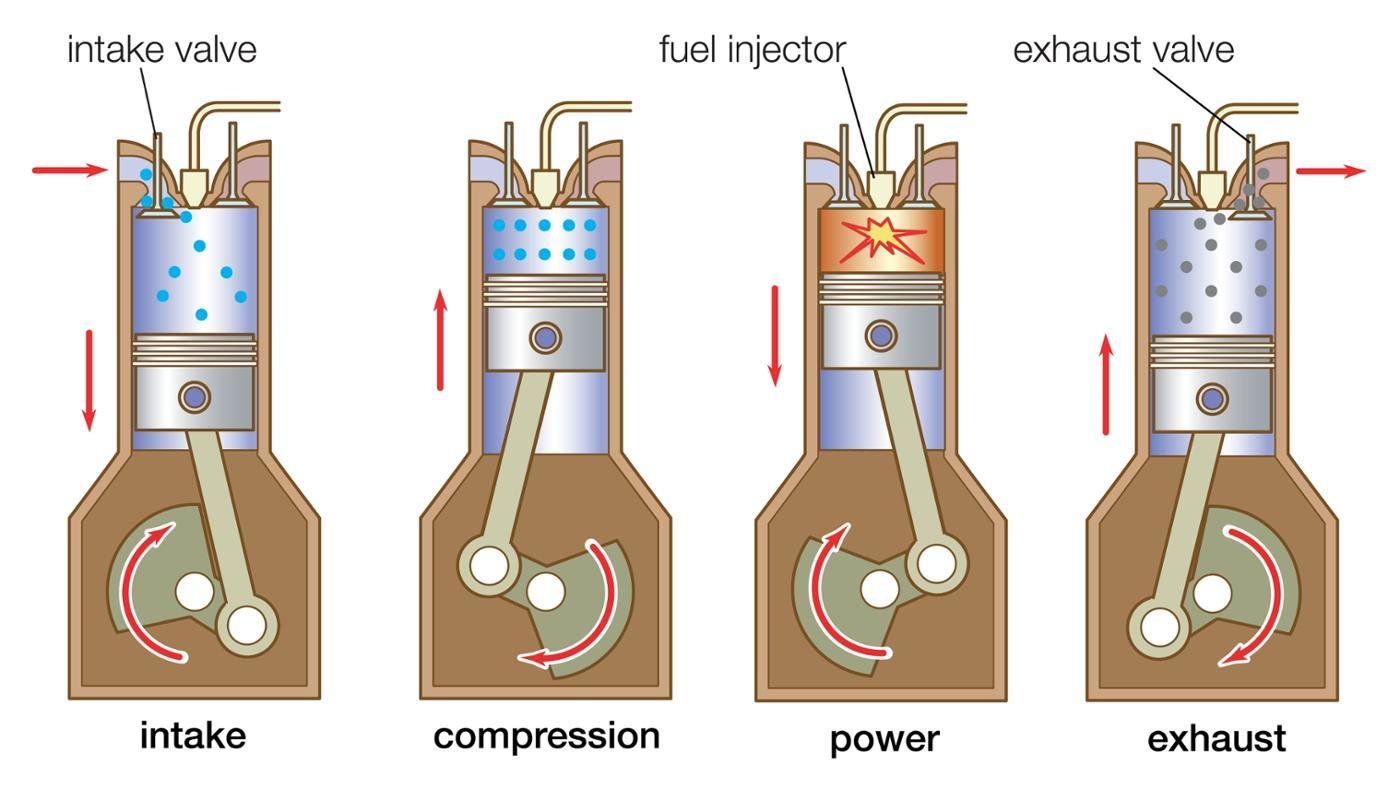Engines for Africa: Locate Budget Friendly and Reputable Vehicle Components Here!
Engines for Africa: Locate Budget Friendly and Reputable Vehicle Components Here!
Blog Article
The Quest for Ultimate Driving Power: Examining the Pinnacle of Engine Efficiency and Technological Developments in the Automotive Market
In the realm of automotive engineering, the search of optimum driving power has actually been an unrelenting quest that has actually unfolded through the evolution of engine style and the assimilation of cutting-edge modern technologies. From the thorough craftsmanship of combustion engines to the fast advancements in electric propulsion systems, the vehicle industry stands at the cusp of a brand-new age defined by unprecedented efficiency abilities.
Development of Engine Style

Furthermore, the integration of turbocharging and turbo charging modern technologies has actually transformed engine design by improving power without dramatically boosting engine size. These forced induction systems press the consumption air, enabling more fuel to be combusted, consequently creating better power output from a smaller engine. This advancement has been especially essential in improving the efficiency of smaller sized displacement engines while maintaining fuel effectiveness requirements.

Performance-Enhancing Gas Technologies
The execution of sophisticated gas modern technologies has significantly added to enhancing engine efficiency in modern lorries. From typical gasoline and diesel to ingenious biofuels, synthetic gas, and hydrogen, the automobile field is experiencing a transformation in gas options. Biofuels, originated from renewable sources like algae, sugarcane, or corn, offer improved and lowered emissions engine effectiveness. Artificial gas, produced with chemical procedures, give high octane ratings, improving power outcome. Hydrogen gas cells, although still in the onset of adoption, reveal wonderful promise because of their zero-emission nature and possibility for high performance. Furthermore, gas ingredients and detergents are being created to tidy engine components, maximize combustion, and decrease rubbing, consequently boosting overall car performance. With continuous r & d, the pursuit for the ultimate driving power continues, as designers aim to unlock the full potential of performance-enhancing fuel modern technologies in the automotive industry.
Advancements in Electric Propulsion
Substantial strides in electric propulsion modern technology have revolutionized the auto market, leading the way for a new period of reliable and lasting transportation. Electric vehicles (EVs) are obtaining appeal because of their ecological advantages and innovations in battery technology, enabling longer driving ranges and shorter billing times. Producers are investing heavily in r & d to enhance the efficiency of electrical propulsion systems, concentrating on enhancing power output, boosting power effectiveness, and lowering general weight.
One noteworthy advancement in electric propulsion is the growth of sophisticated electrical motors that provide higher torque and power thickness, causing improved acceleration and total driving efficiency. Additionally, regenerative stopping systems have actually been improved to store and capture energy during deceleration, further boosting the performance of EVs.
In addition, the assimilation of wise technologies, such as expert system and anticipating analytics, is enhancing the management of electrical propulsion systems, making certain ideal performance under various driving problems. These innovations in electrical propulsion are reshaping the automotive landscape, driving the sector in the direction of a much more sustainable and amazed future.
Impact of Computational Liquid Characteristics
With improvements in electric propulsion pushing the borders of auto innovation, the combination of Computational Liquid Characteristics is playing a critical role in optimizing wind resistant performance and enhancing total performance in car design. Computational Fluid Characteristics (CFD) entails the usage of computer simulations to assess the circulation of air around a lorry, making it possible for designers to forecast how layout adjustments will certainly affect aerodynamics without the demand for costly physical prototypes. By properly modeling air flow patterns, CFD permits the refinement of lorry shapes to lower drag, enhance air conditioning, and enhance security.
CFD allows engineers to optimize air flow around components such as radiators, article source engine bays, and wheel wells, contributing to improved performance and overall driving experience. In verdict, the assimilation of Computational Fluid Characteristics stands for moved here a considerable action ahead in the quest for ultimate driving power and effectiveness in the automobile industry.
Future Trends in Engine Development
In the dynamic landscape of vehicle design, cutting-edge improvements are forming the future trajectory of engine development. The future of engine style is noted by a strong focus on performance, sustainability, and efficiency. Suppliers are significantly focusing on developing engines that not just supply high power outcomes yet also prioritize ecological responsibility by enhancing and lowering discharges fuel performance.
One popular trend in engine innovation is the increase of electrification. Crossbreed and electric powertrains are obtaining grip as viable options to traditional combustion engines. These innovations offer the potential for considerable reductions in carbon emissions and increased energy efficiency, straightening with international efforts to deal with climate adjustment.
Additionally, improvements in materials scientific research and production methods are enabling the production of lighter and much more durable engine parts. This change in the direction of lightweight products such as carbon fiber and light weight aluminum alloys contributes to boosted efficiency and fuel economic climate.
Verdict
In conclusion, the search of utmost driving power in the auto field remains to drive advancements in engine design, gas modern technologies, electrical propulsion, and computational fluid dynamics. The evolution of these technologies is forming the future of engine technology, leading the method for much more effective and effective cars (engines for africa). As the industry remains to press the borders of what is possible, we can expect to see much more revolutionary advancements in the quest for peak efficiency
One of the vital turning points in engine design advancement is the change from typical carbureted engines to modern-day fuel-injected systems. By specifically metering the gas his comment is here shipment to each cylinder, fuel-injected engines optimize burning, resulting in far better performance and reduced ecological influence.
In addition, the assimilation of turbocharging and turbo charging modern technologies has actually changed engine design by increasing power without substantially enhancing engine size (engines for africa).The implementation of advanced fuel modern technologies has dramatically contributed to enhancing engine efficiency in modern automobiles. Additionally, fuel ingredients and detergents are being created to clean engine parts, optimize burning, and decrease friction, therefore increasing total automobile performance
Report this page